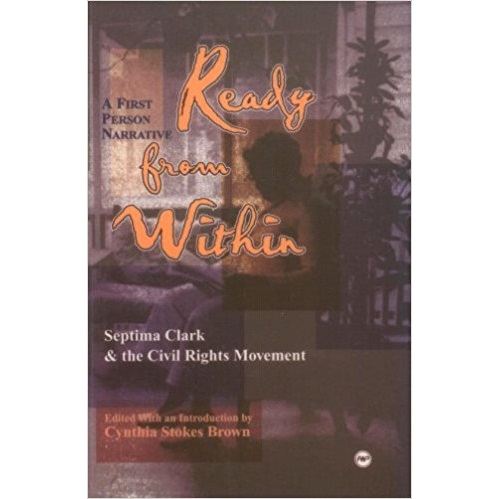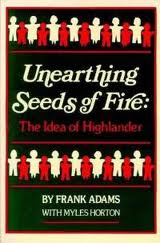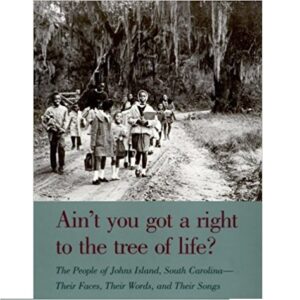Description
Septima Clark played one of the most essential, but little recognized roles in the Civil Rights Movement. Born in 1898 in Charleston, South Carolina, she was a public school teacher until 1956, when she was dismissed for refusing to disavow her membership in the National Association for the advancement of Colored People. Subsequently, she worked for the Highlander Folk School, helping to set up Citizenship Schools throughout the South where Black adults could learn to read and prepare to vote. During the 1960s she worked with the Southern Christian Leadership Conference and was a close associate of Martin Luther King, jr. from 1978 to 1983 she served as the first Black woman on the Charleston School Board. This is a first-person narrative of her life in the context of the Civil Rights Movement. Her story continues a major thread in the tapestry of the movement.





